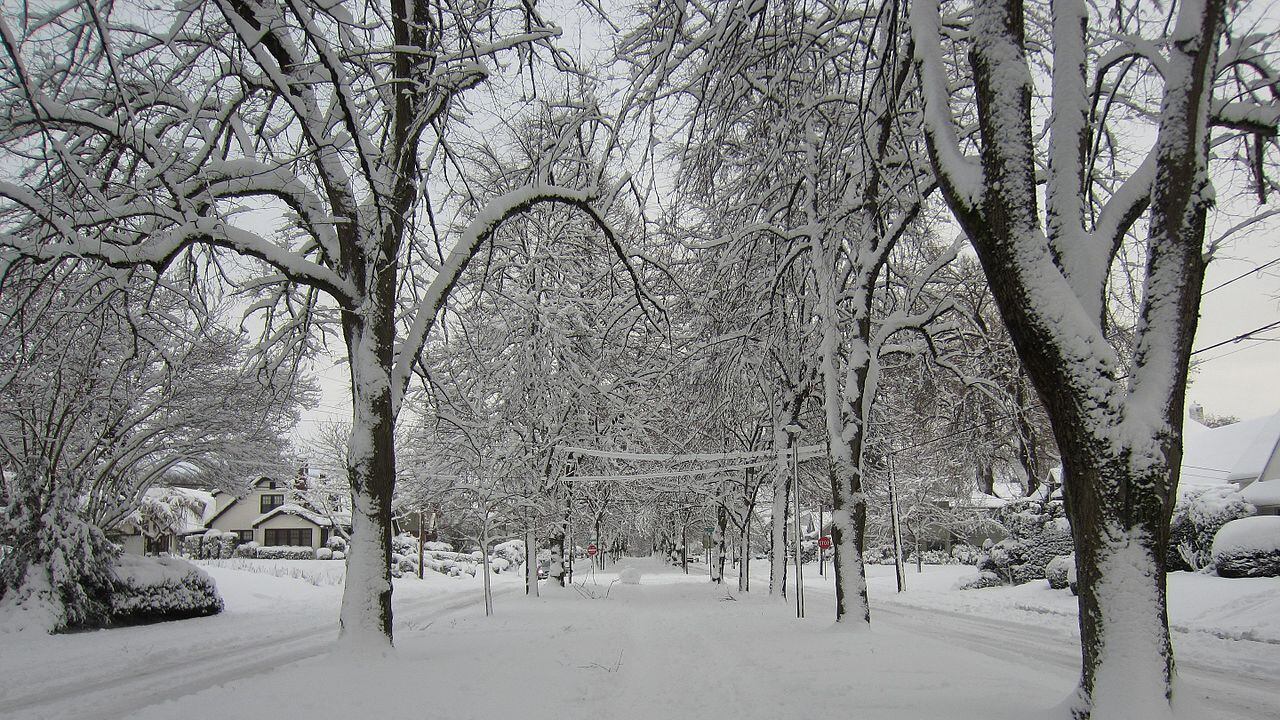An Eastmoreland resident has sued the Oregon State Historic Preservation Office, claiming it trampled the rights of residents who don't want their neighborhood designated as a historic district.
The suit, filed in Marion County Court late Tuesday against the historic preservation office as well as its officer, Lisa Sumption, seeks to halt the decision, which is expected to be made on May 15.
In the complaint, Tom Brown says the office has refused to hear dissenting voices and asks the court to require the state to hold a contested case hearing, where both sides would get to present their perspective.
In November, the Eastmoreland Neighborhood Association applied for federal designation as a historic district to prevent developers from bulldozing old homes and breaking up large lots. They worried that keeping up with Portland's growing demand for housing would ruin their posh neighborhood.
"Our feeling is that the density should be where it belongs," Eastmoreland Neighborhood Association member Tim Moore told OPB last October. "You're talking about lower income people or younger people who want to rent or need to rent and they need to be where there's good transit. This is a little oasis because it's down here, and it's just not appropriate."
A dissenting group, Keep Eastmoreland Free, has gathered 930 of the 1,030 notarized objections required to block the designation, according the group's website. They have called the designation unnecessary, and said it would make it expensive for residents to remodel. They also fear it could prevent them from adding accessory-dwelling units to their property.
While a historic designation might keep beautiful old homes from the wrecking ball, Brown says it would also keep homeowners from updating and remodeling.
"Why would anybody want to spend more money, more time? Have your neighbors looking over your shoulder? Being told what you like in architecture?" Brown told The Oregonian in February. "Why would anybody like that?"
A historic designation triggers rules preventing property owners from "destroying, removing or relocating" anything on their property without a hearing, according to the complaint.
Brown says he's been fighting the neighborhood association and the Portland Historic Landmarks Commission over the proposed designation since February. In his lawsuit, he claims Eastmoreland residents who don't want the designation have been shut out of the process.
Brown says he sent a letter in March outlining his concerns to Assistant Attorney General Steve Shipsey, lawyer for the Historic Preservation Office. Brown says he asked Shipsey for the same thing he demands in the lawsuit—a contested case hearing.
Shipsey allegedly promised to respond by May 1 at the latest, but hasn't replied to several emails and phone calls from Brown's lawyer.
Representatives from the Historic Preservation Office haven't returned phone calls requesting comment.
Update, 5:25 pm: Robert McCullough, treasurer of the Eastmoreland Neighborhood Association, says he was mystified by lawsuit. McCullough says the association held at least 20 open neighborhood meetings before filing its application for designation as a historical district.
And Brown has been a vocal part of many of those hearings, McCullough says.
"He's certainly been to our board meetings," McCullough says. "He has expressed himself quite angrily more than a few times. He certainly has not lost his chance to speak."
McCullough said the push for a historic designation was driven by concern about the loss of middle-class housing in the neighborhood that surrounds Reed College.
He said developers were bulldozing old homes and replacing them with more expensive new homes.
"We're losing the lower strata of less expensive homes and replacing them with more expensive homes," McCullough said. "If developers get their way, there will be no more school teachers or Reed College professors moving into Eastmoreland. Our neighborhood is becoming too posh for us. We are being unfortunately being poshed out of our own neighborhood."
He said neighbors are also worried that development will reduce the area's abundant greenspace.
"When a developer comes in here to knock down a house, the first thing they do is clear cut the lot," McCullough said. "And as an environmentalist, that gives me fewer trees to hug."
WW staff writer Rachel Monahan contributed reporting to this story.

